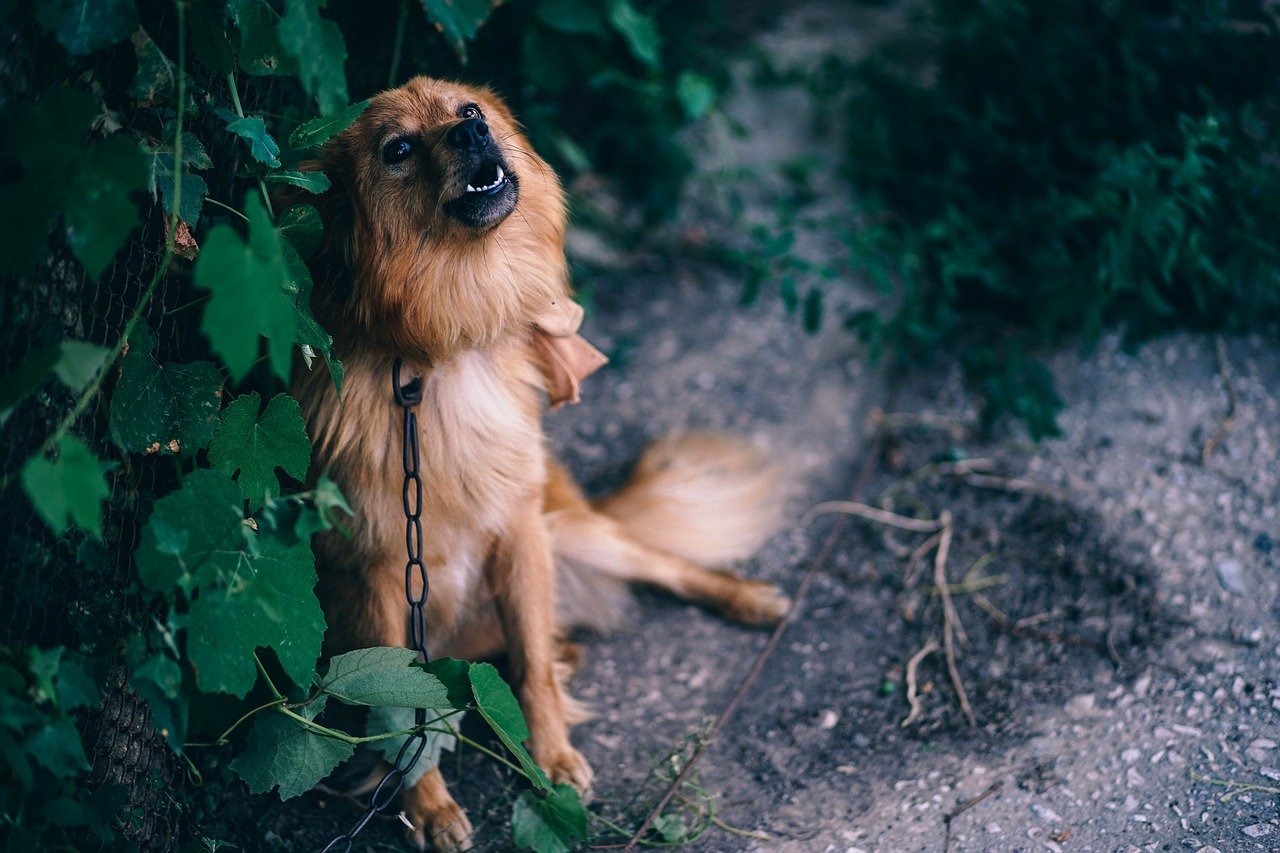Oh, puppies — how much do we love you? Puppies are possibly the cutest creatures in the world, and they improve our lives simply by existing. Puppies make us laugh, they make us smile, they provide us with constant companionship, and they ask for so little in return. But that doesn’t mean puppies are perfect. Sometimes, our fur babies can drive us to distraction with their nonstop barking.
Does your new pup enjoy singing the song of his people in the wee hours of the morning? Has your sleep schedule suffered ever since you’ve brought Fido home from the shelter? If you’ve ever wondered how to stop a puppy from barking, we’re here to help. We’ve rounded up expert advice that can help stop inappropriate puppy barking for good — well, mostly.
How to teach a puppy not to bark
While nonstop barking can be frustrating, you should remind yourself that your puppy isn’t trying to annoy you. He’s trying to communicate with you. Dogs bark for a number of reasons, such as alarm barking (something has startled them), territorial barking (they’re defending their turf), and as a form of communication. For example, puppies may bark in greeting when you come home from work, to let you know they’re hungry, or as a response to being addressed by their favorite human. If you want to cut down on your pup’s excessive barking, you first need to figure out why he’s barking. Here are a few helpful tips to get you started.
Reduce visual stimulus
Does your puppy bark when he sees something outside? The old adage “out of sight, out of mind” applies here. Try lowering the shades or closing the curtains. If your pup barks at the neighbors when he’s outside, you may want to consider investing in a privacy fence to remove excess stimuli and help your pup feel safe and calm.
Ignore your puppy’s barking
While this tip sounds like it’s easier said than done, ignoring your dog when he barks is one of the most effective ways to reduce excess barking. If your puppy barks incessantly when he’s crated or cordoned off in a gated area, you need to ignore him. Don’t tell him to stop, as he will think you’re barking at him and continue. Even a quiet scolding is a reward because you’re paying attention to him. When your dog stops barking, give him a treat and a pat on the head. Puppies have short attention spans, so you’ll need to reward your pup for several seconds of silence and then work your way up to longer durations before you reward him.

Offer a fun distraction instead
Throw your puppy’s favorite toy when he starts barking. Because puppies love playtime, your pooch will be much more likely to stop barking and chase his toy than continue making a ruckus. Please don’t use food as a distraction. Dogs are extremely motivated by food, so your pup will likely make the connection between barking and receiving a tasty treat, which will only encourage him to make more noise.
Make sure your pooch stays pooped
A tired dog is far less likely to bark excessively than a hyper dog. Make sure you engage your puppy in regular play sessions and take him for frequent walks. Some dogs bark simply because they’re bored; regular exercise and plenty of toys to play with can help curb boredom barking, too.

How to stop a puppy from barking at night
Does your puppy sound the alarm once the sun sets? It turns out there’s a good reason for that. Dogs can hear sounds as high as 65,000 Hz. As humans wind down for the day, turning off televisions and quieting down, your dog is better able to pick up on ambient noise that’s usually drowned out by daily activity. From urban traffic to country wildlife, your dog’s sensitive hearing can detect it all, and he wants to let you know all about it.
Fortunately, you can apply many of the same tips mentioned above at night. Keep the curtains drawn, go for a long walk before bedtime, and make sure your pooch has plenty of (quiet) toys to keep him occupied at night. You may also want to try out a calming spray made for dogs. If his barking continues, try relocating your pup’s bed to the darkest, quietest room of the house and play soothing music to help drown out external noise.

In conclusion
The truth of the matter is that you will never be able to prevent your puppy from barking 100% of the time. Puppies bark for a variety of reasons, and not all bark triggers can be eliminated entirely. For example, it’s actually a good thing if your puppy barks when he needs to go outside. And you definitely want your dog to bark if he hears someone snooping around your property late at night. Ultimately, the goal is to reduce the number of potential bark triggers and minimize your pup’s excessive barking at inappropriate times. Bark reduction training isn’t successful overnight, but with time, effort, consistency, and patience, you’ll be able to keep your pup as quiet as possible.




